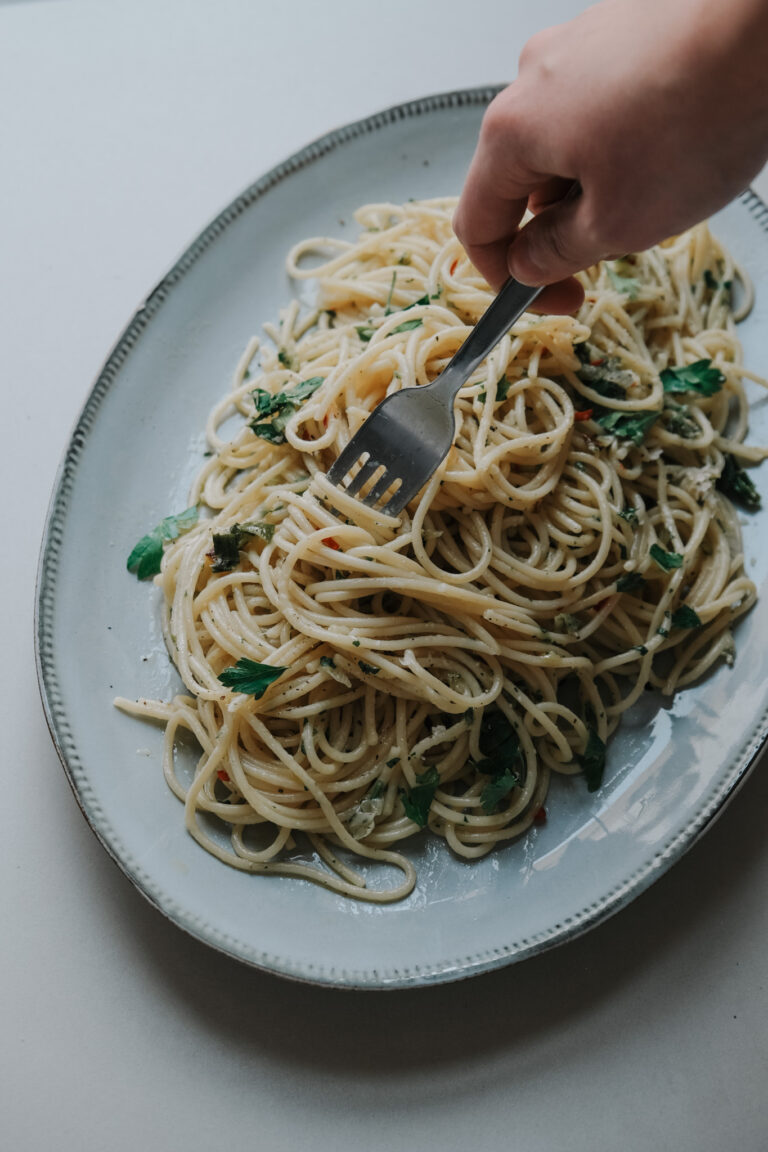Arancini – What’s Not To Love About Fried Cheese Stuffed Rice?

Welcome to the twenty-second instalment of my series where I test out recipes from an obscure 1990s Italian cookbook. This time, I tried another dish from the ‘Pasta and Rice’ section: Arancini.

I don’t think I’d appreciated this Sicilian street food enough until I had the privilege of trying the real deal in Palermo, where arancini – and Godfather merch – are available in abundance on every street corner.

There were so many varieties of arancini to choose from: some were stuffed with prosciutto and béchamel sauce – insanely good, by the way -, some were shaped into huge cones, and others were topped with herby tomatoes. And because I was in the home of arancini, this is basically all I ate during my four day trip, aside from another even healthier fried Sicilian snack – cannoli.

By the time my holiday was over, I’m pretty sure I consisted of 90% arancini and 10% cannoli, and felt the need to go on a juice cleanse afterwards.


Having been quite taken with arancini, I was excited to make them myself, but was thrown off by a few unusual suggestions in the book version, the main one being the use of long grain rice…






This certainly wasn’t the kind of filling I recognised from my travels, and neither is it used in any versions online, so I thought it best to use arborio rice instead.


Also questionable was the ambitious 10 minute cooking time for the filling, considering it always takes me at least thirty minutes to achieve a good risotto texture.
Additional Changes
- I omitted the saffron and added in a small clove of crushed garlic for good measure.
- I also evaporated the wine completely before adding in the stock as the taste can be a bit overpowering.


- Eggs are to be added to the mix but I thought this was a bit unnecessary as the rice still held shape perfectly without them. I did, however, use eggs to coat the arancini, along with flour and breadcrumbs. The recipe version is coated only with breadcrumbs before frying but I recommend three layers for a guaranteed even and crispy finish.
How to Shape










So, due to the book’s questionable suggestion of using long grain rice and inaccurate cooking directions, I’ll have to give it a final rating of:
6/10



With that said, I hope you’ll enjoy my own version below:
Arancini
Ingredients
Filling
- 1 tablespoon extra-virgin olive oil
- 30 g butter
- 1 small onion finely chopped
- 1 small garlic clove crushed
- A splash of good quality white wine 25ml if you want to be specific
- 300 g arborio rice
- 1.5 litre good quality chicken or vegetable stock [see notes on quantity]
- 20 g parmesan cheese finely grated
- salt and pepper to season
- 150 g firm mozzarella cut into small cubes [see notes]
Coating and Frying
- 60 g plain flour
- 2 eggs lightly beaten and seasoned with salt and pepper
- 300 g breadcrumbs [see notes]
- 1 litre vegetable oil
Instructions
Filling
- Heat the olive oil and half of the butter in a large frying pan over a medium-high heat until melted.
- Add the onion and cook gently for 5-10 minutes or until soft and translucent.
- Add the garlic and cook for a further minute or so. Turn up the heat and add the rice, toasting for about 5 minutes, or until the grains become glossy and slightly translucent.
- Add the wine and stir – it should make a loud sizzling sound as it hits the pan and release a wonderful aroma as it cooks off. Continue to stir and cook until the smell fades and the wine has evaporated.
- Once the rice has absorbed the wine, add in the first ladle of stock and turn down the heat to low-medium to simmer gently. This part requires a lot of care, attention, and patience: you'll have to keep stirring and adding ladlefuls of stock as the rice reduces down and expands. Keep tasting as you go – the rice should be ready once it's soft but still has a slight bite [see notes].
- Once the risotto is al dente, take off the heat and add in the remaining butter and the parmesan. Stir gently until combined and season with salt and pepper to taste. Allow the mixture to cool completely before shaping [see notes].
Coating and Frying
- Take a small handful of the rice mixture and place a cube of mozzarella in the centre. Cover with another small handful of mixture and roll into a ball so that the mozzarella is completely covered in rice. Each one should be about the size of a golf ball [see photos for reference].
- Roll each ball lightly in the flour, then dredge in the beaten eggs, before gently coating well with the breadcrumbs. Lay out on a lined tray and allow them to sit for an hour in the fridge [see notes].
- Heat the vegetable oil in a large saucepan or a deep fat fryer to around 180℃ [see notes]. Once the oil is ready, add in two or three arancini at a time, being careful not to overcrowd the pan. Cook for around 7-8 minutes, turning them over halfway through to make sure they are evenly brown and crispy.
- Remove from the pan and transfer to a wire rack or a plate lined with kitchen roll to allow some of the oil to drip off. Serve immediately with a nice sugo or a drizzle of pesto and enjoy that lovely cheesy centre.
Notes
- You likely won’t need the entire quantity of stock but it’s better to have more rather than less on standby to reach the desired final texture.
- You could use soft mozzarella here, but I find that low-moisture, hard mozzarella gives a great cheese pull and makes it a bit easier to shape the balls.
- You can use any kind of breadcrumb – the finer, the better. I used a fine panko breadcrumb – not so traditional, but it still worked brilliantly.
- The rice can take anywhere between 30 minutes to an hour to cook, depending on the amount of stock added and the temperate. Low and slow is best – if you add too much stock and cook it too vigorously, you’ll be left with a mushy risotto.
- You can cool the risotto to room temperature and shape, but I find that moving it to set further in the fridge for a few hours or even overnight yields even better results.
- You can fry the arancini straight after shaping, but I recommend leaving them for a second rest in the fridge – just an hour will do.
- A deep fat fryer is ideal here so you can control the temperature, but you can also just heat a pan of oil over a medium-high heat.
- If you can resist eating these all at once, they can be cooled and stored in the freezer for a later date.
I always love hearing from readers, so if you have any questions or would simply like to connect, fill out the form on my contact page or message me through my social media accounts:





One Comment